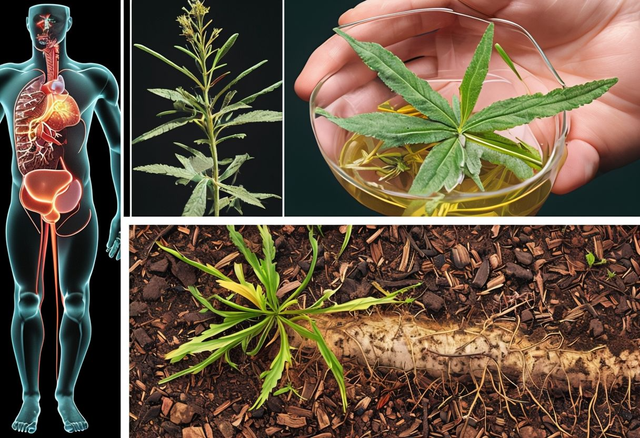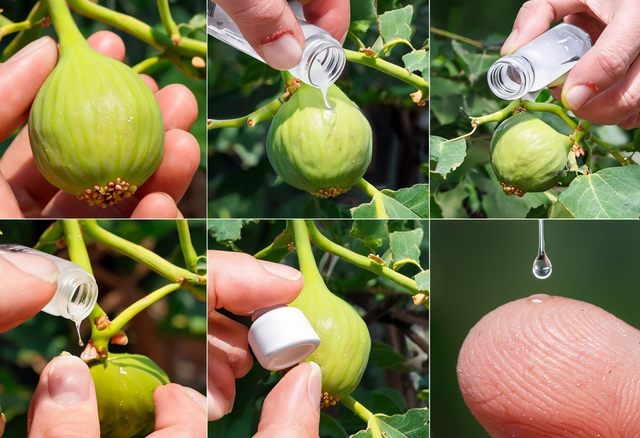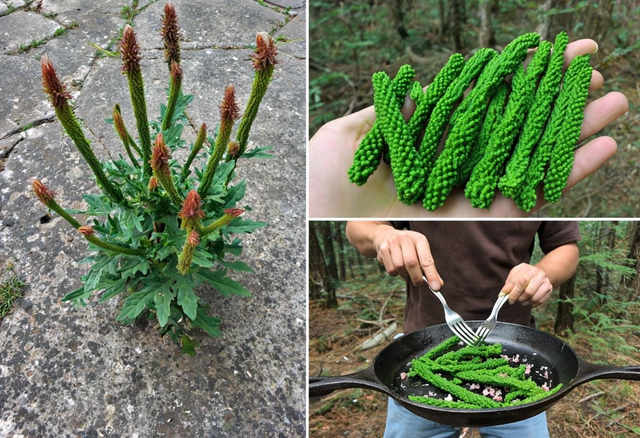
Goosegrass (Eleusine indica): A Natural Ally for Kidney Health
Paula
- 0
- 24
Goosegrass, scientifically known as Eleusine indica, has been valued in traditional medicine for centuries. One of its standout benefits is supporting kidney health through its natural diuretic properties. This article explores how Goosegrass promotes kidney function, the best ways to incorporate it into your health routine, and how to maximize its benefits safely.
Understanding Goosegrass and Kidney Health
The kidneys play a vital role in filtering waste and excess fluids from the bloodstream. Goosegrass acts as a natural diuretic, encouraging the body to expel water and salts. This process helps reduce water retention, eases pressure on the kidneys, and supports overall urinary tract health. By promoting detoxification, Goosegrass helps maintain a balanced fluid environment essential for optimal kidney function.
Key Benefits of Goosegrass for Kidney Health
- Diuretic Action: Encourages frequent urination, helping kidneys flush out toxins and metabolic waste.
- Supports Detoxification: Assists in removing excess minerals and waste products, reducing kidney workload.
- Reduces Inflammation: Its anti-inflammatory compounds soothe irritated tissues within the urinary tract.
- Antioxidant Protection: Goosegrass is rich in antioxidants that shield kidney cells from oxidative stress, which can cause long-term damage.
How to Incorporate Goosegrass for Kidney Support
1. Goosegrass Tea
Preparation: Boil a handful of fresh or dried Goosegrass leaves in water for 10–15 minutes. Strain and allow to cool.
Usage: Drink once daily, preferably in the morning to avoid nighttime urination disruptions.
2. Powdered Goosegrass Supplements
Preparation: Dried Goosegrass can be ground into powder and taken in capsules.
Usage: Common doses are around 500 mg daily, but consult your healthcare provider for personalized advice.
3. Fresh Juice or Smoothie Addition
Preparation: Add a small portion of fresh Goosegrass to green juices or smoothies for a gentle detox boost.
Usage: Consume a few times a week to support ongoing kidney detoxification.
4. Topical Use for Kidney-Related Swelling (Traditional Practice)
Preparation: Fresh Goosegrass leaves crushed into a poultice can be applied externally.
Usage: Apply to swollen areas or joints for 10–15 minutes to help reduce inflammation and relieve pressure on the kidneys indirectly.
Safety and Precautions
While Goosegrass is generally safe, consult your healthcare provider before use if you:
- Have existing kidney problems
- Are pregnant or breastfeeding
- Are taking medications (especially diuretics or blood pressure drugs)
Its diuretic effects may interact with certain treatments, so professional guidance is important.
Conclusion
Goosegrass is a natural, herbal ally for kidney health, offering diuretic, detoxifying, anti-inflammatory, and antioxidant benefits. Whether consumed as tea, supplements, or juice, it can support your body’s natural ability to maintain kidney function and fluid balance. Always use it responsibly and consult a professional when incorporating new herbal remedies into your health routine.


